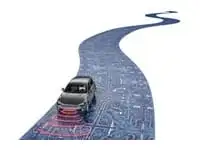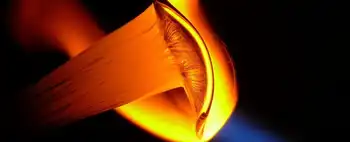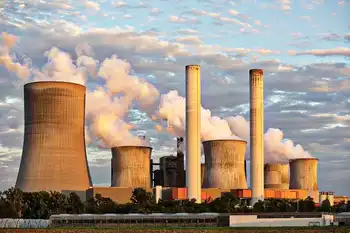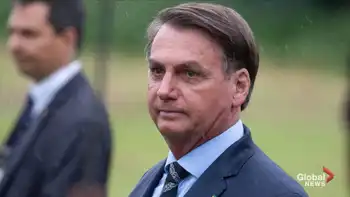Electricity consumption is increasing
The report said that there has been no change in the generation capacity of the Karachi Electric Supply Corporation (KESC), however, its percentage share in the WAPDA system has dropped by 0.1 percent. On average, households consume the most electricity accounting for 44.8 percent of the total electricity consumption. The industrial sector accounts for 29.4 percent, agriculture stands at 12.2 percent, other government sectors at 7.2 percent, the commercial sector at 5.9 percent, and streetlights consume 0.6 percent.
The report stated that historically, Pakistan began to face electricity deficits between 1990 and 1997. The demand and supply of electricity was balanced in 1997. From 1997, the generation capacity increased and the demand and supply was expected to remain in equilibrium up to 2009.
However, peak demand approached 6.6 percent growth per annum during 2001-2007 and the supply shortage occurred much earlier than 2009, the report stated. It was further stated that as the first step, the government planned to cope with energy requirements by encouraging private-sector power projects. The total installed capacity of electricity generation witnessed no change during July 2006 to March 2007, remaining at 19,440 MW. The KESC is the sole supplier for Karachi.
Additionally, independent power projects (IPPs) are also involved in power generation. The total installed capacity of WAPDA stood at 11,363 MW during July 2006 to March 2007, which accounts for 58 percent of the total installed capacity. Hydel power accounted for 56.9 percent, or 6,463 MW, and thermal accounted for 43.1 percent, or 4,900 MW.
Related News
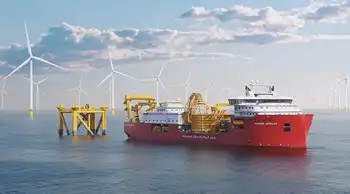
Ireland and France will connect their electricity grids - here's how
DUBLIN - France and Ireland signed contracts on Friday to advance the Celtic Interconnector, a subsea electricity link to allow the exchange of electricity between the two EU countries. It will be the first interconnector between continental Europe and Ireland.
Representatives for Ireland’s electricity grid operator EirGrid and France’s grid operator RTE signed financial and technical agreements for the high-voltage submarine cable. The countries’ respective energy ministers witnessed the signing.
European commissioner for energy Kadri Simson said:
In the current energy market situation and the need to move away from imports of Russian fossil fuels, European energy infrastructure has become more important than…


